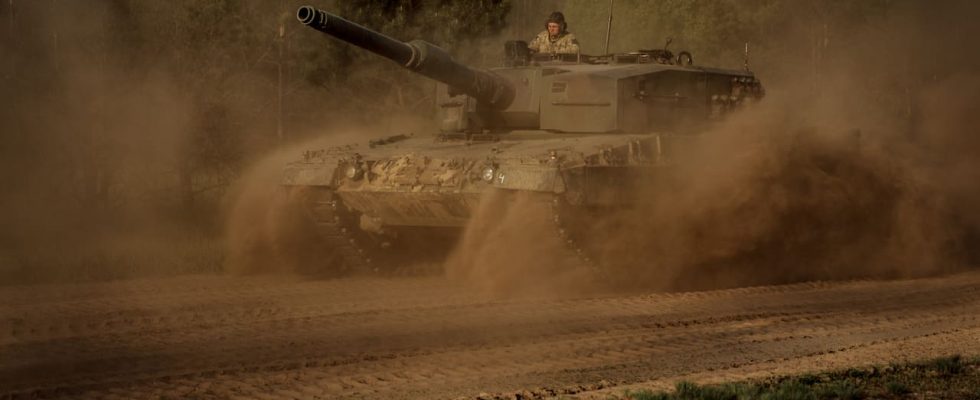Explosive and bitter analysis of the US secret services!
You believe a report from the “Washington Post” according to that the counter-offensive of Ukraine will flop. Specifically, they predict that the Ukrainian army will not be able to reach the important city of Melitopol in the south-east.
The city is of crucial importance: It is considered the gateway to Crimea and is an important transport hub for the Russian army’s supply routes between the peninsula and the other illegally occupied areas in eastern Ukraine.
In other words, if this prediction proves correct, it would mean that Kiev has clearly missed its main goal of severing Russia’s land bridge to Crimea as part of the push.
The current situation: The Ukrainian armed forces are pushing towards Melitopol from the city of Robotyne, more than 80 kilometers away. But they will stay several miles out of town, US officials told the Washington Post on condition of anonymity.
Reason for the gloomy assessment: of Russia brutal ability to defend occupied territory through a phalanx of minefields and trenches, writes The Washington Post, citing people familiar with the operation.
Is Ukraine using the wrong strategy?
Expectations for the counter-offensive launched in June ARE very high: the hope was to repeat the overwhelming success of last autumn’s advance through the Kharkiv region.
But in the first week of fighting, Ukraine suffered heavy casualties against Russia’s well-prepared defenses – despite newly acquired Western equipment, including US Bradley fighting vehicles, German-made Leopard 2 tanks and special demining vehicles.
Joint war operations of the American, British and Ukrainian forces counted on such losses. However, they assumed Kiev would accept the losses as a cost of breaching Russia’s main line of defense, US and Western officials said.
However, sources told The Washington Post, Ukraine decided to limit casualties on the battlefield and shift to a tactic of relying on smaller units to advance in different areas of the frontline. This led to Ukraine posting incremental gains in a variety of areas over the summer.
Who will be to blame for the failure?
There is likely to be plenty of mutual finger-pointing in Kiev and Western capitals: Why does such an attack, backed by billions of dollars worth of Western weapons, fall so far short of its goals?
There will also be trouble within western countries. The bleak prospects shared with some Republicans and Democrats on Capitol Hill have already sparked a blame game at closed-door meetings.
Some Republicans are now reluctant to accept President Biden’s request for an additional $20.6 billion in Ukraine aid given the offensive’s modest results. Other Republicans and, to a lesser extent, more restrictive Democrats, on the other hand, have accused the government of not sending more powerful weapons to Ukraine sooner.
However, the US officials interviewed by the Washington Post rejected criticism that F-16 fighter jets or long-range missile systems such as ATACMS had led to a different result. “The problem continues to permeate Russia’s main line of defense and there is no evidence that these systems were a panacea,” a senior government official said, according to the report.
What does the US military say?
In an interview this week, General Mark A. Milley, chairman of the Joint Chiefs of Staff, said the United States was aware of the difficult task facing Ukraine.
“I had said a few months ago that this offensive was going to be long, bloody and slow,” he told The Post. “And that’s what it is: long, bloody and slow, and it’s a very, very difficult fight.”
Although Kiev had not achieved its goals, he pointed to Kiev’s success in degrading the Russian armed forces. “The Russians are doing pretty badly,” he said. “They have suffered a large number of casualties. Their morale is not very good.”

